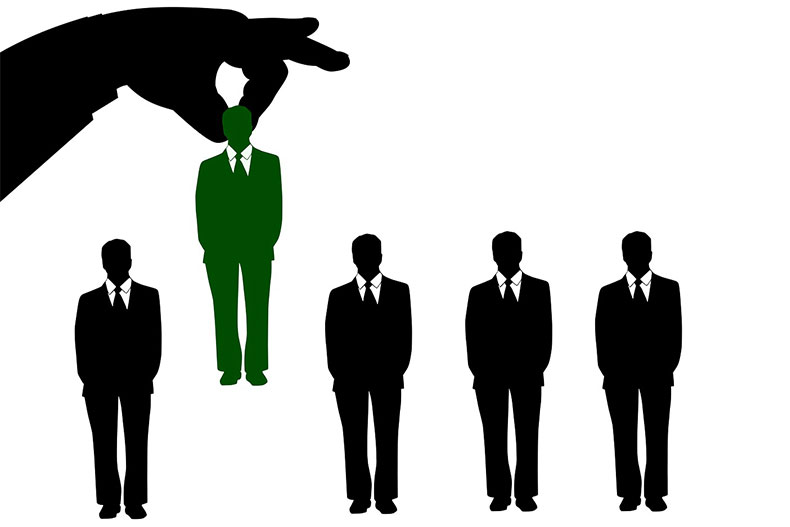A challenge for any entrepreneur is how to hire employees that deliver essential skills and experience, while ensuring a harmonious working environment. Despite questions about its validity, the Myers-Briggs Type Indicator (MBTI) remains the most popular personality test for determining how well candidates might fit in with established teams.
The test works off the theory that our personality can be divided into sub-categories, which combine to reveal our preferences for how to handle different situations. By compiling research from around the world, Sage have revealed the personality types most likely to succeed in business.

Defining Success
Firstly, we should define success, as this means different things to different people. Achieving a position you are happy with and keeping it can be considered success, as can putting your family above your career or leaving a well-paid and secure job to begin your dream business.
However, these aren’t tangible, measurable results; so, for the purpose of this article, success relates to job position, income and responsibility; aspects which have been found to be more likely obtained by certain personality types.
The 5 Types
The MBTI uses a self-administered, multiple-choice questionnaire to determine if you are an extravert or an introvert (E or I), whether you are detail-orientated or big picture (S or N), make decisions based on logic or your gut (T or F), and whether you are organised or spontaneous (J or P). These letters are then combined, such as INTJ or ESFP, to form one of the 16 possible personality types.
Research has revealed that the most successful personality types appear to be ESTJ, ENTJ, ISTJ and INTJ, with ENTP also included when factoring for those most likely to be self-employed.
These personality types tend to belong to people who feel a particular attraction towards science, math’s, or practical activities, have a lot of self-control and focus, are risk-takers and decision-makers, and want to win at all costs. Unfortunately, this means they prioritize progress over feelings, so they can be quite argumentative, and personal relationships suffer frequently.
Despite these similarities, there are some big differences that divide these types – although this often serves as a strength in successful business, providing the enterprise can manage these competing personalities.
For instance, an ENTJ is naturally inquisitive, eager for success, and excellent at proposing potential solutions to problems. However, their big picture thinking can be very frustrating to the ISTJ, who believes in being meticulous and careful – aspects which are equally frustrating to the ENTJ, who interprets the slow pace as being indecisive or lazy. Without a balance, these two personality types are likely to grow frustrated with one another very quickly, but, when they understand each other, can combine to lead a business in an innovative yet efficient and professional manner.
Why “Thinkers” Succeed in Business
While each of these 5 personality types might clash in various ways, there is one aspect they all share: the “T” in their makeup. T stands for Thinker and represents how someone prefers to make decisions or consider justice; its opposite is F – aka Feelers.
While Feelers are more inclined to follow their instinct when making decisions, calling upon their own personal experiences, Thinkers prefer to rely on evidence. They will always remember the desired outcome when considering their actions, and so are often associated with making unpopular decisions more easily than a Feeler, who is more likely to consider the opinions and feelings of other team members.
Moderation is Best
While every business appreciates leaders that can make the hard decisions, this inevitably leads to the stereotype that successful business people must be ruthless. In reality, while entrepreneurial success identifies these 5 personality types as the most likely to succeed, there are still plenty of people from other types that achieve similar or even greater levels of success; many of whom are Feelers.
In fact, as efficient as Thinkers can be, they are also the most volatile and likely to create disharmony within a team. When morale is low or teams lack respect for each other, business productivity and efficiency suffer. So, to ensure your enterprise is efficient and innovative, it is incredibly important that you find a balance among your teams, selecting personality types which complement one another.